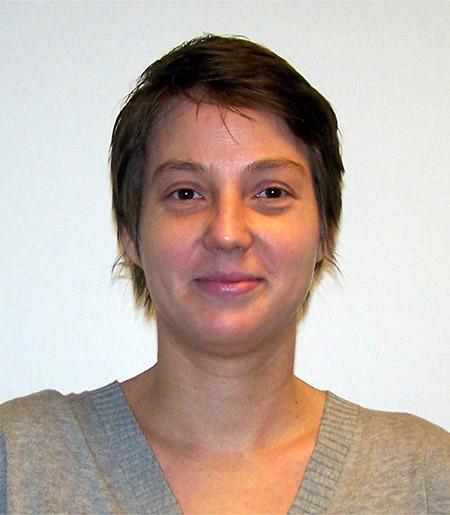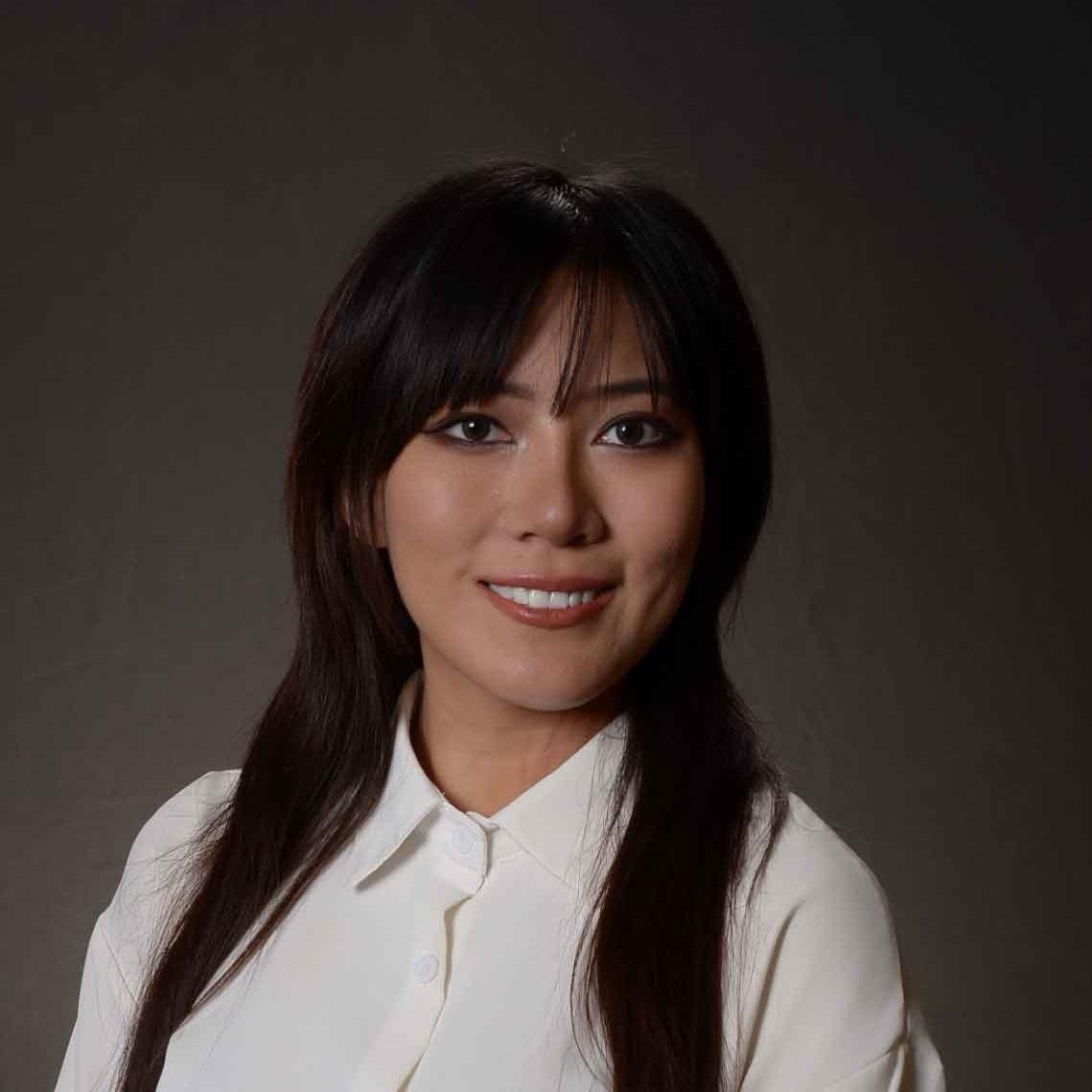Michael D. Morley, professor emeritus of mathematics in the College of Arts and Sciences (A&S), died Oct. 11 at Guthrie Robert Packer Hospital in Sayre, Pennsylvania. He was 90.
Logicians knew him as the namesake of the “Morley rank,” the term coined from his award-winning breakthrough in mathematical logic and model theory. Many colleagues and students knew him better as “Uncle Mike,” a genial friend and empathetic adviser through his more than three decades teaching at Cornell.
In 2003, the year he became an emeritus professor, the American Mathematical Society awarded Morley the Leroy P. Steele Prize for Seminal Contribution to Research for his 1965 paper, “Categoricity in Power.”
Published in Transactions of the American Mathematical Society, the paper “set in motion an extensive development of pure model theory by proving the first deep theorem in this subject and introducing in the process completely new tools to analyze theories (sets of first-order axioms) and their models,” according to the prize citation.
The achievement “changed the entire character of the subject in which he was working,” said Anil Nerode, the Goldwin Smith Professor of Mathematics (A&S) and a close friend of Morley for more than 60 years.
“Since then,” Nerode said, “model theory has flourished and bloomed very strongly, but he actually gave it an enormous push.”
Reflecting its enduring influence, Morley’s paper has been cited every year in the 2000s but one, said Ravi Ramakrishna ’88, professor and chair of mathematics and a Stephen H. Weiss Presidential Fellow. Some 400 research papers have cited the term “Morley rank,” with more than 130 including the term in their titles.
“His work changed how people look at things and opened new vistas,” Ramakrishna said.
The Steele Prize put Morley in the company of many giants in math, Ramakrishna said, including John Nash, whose career was profiled in the book and movie, “A Beautiful Mind,” and who won the prize in 1999.
Morley was born Sept. 29, 1930, in Youngstown, Ohio. As a young child his family considered him a slow learner, Nerode said, until it was discovered that he needed eyeglasses. Then he excelled.
Morley earned a bachelor’s degree from the Case Institute of Technology in 1951, then master’s and doctoral degrees from the University of Chicago in ’53 and ’62, respectively.
At Chicago, mathematical logic then was considered “philosophically very interesting but mathematically not very deep,” Morley wrote in accepting the Steele Prize. His initial thesis attempt was met largely with indifference, Nerode said, by a faculty that had no specialists in the algebra of logic despite being considered one of the world’s top mathematics departments.
Facing an uncertain academic future, Morley worked from 1955-61 as a mathematician for the university’s Laboratories for Applied Sciences, contributing to aeronautical research. He finally found a mentor, Nerode said, in Professor Robert Vaught at the University of California, Berkeley, who helped Morley develop the dissertation that cemented his Ph.D. and would be published as “Categoricity in Power.”
“Today there is a large body of mathematically deep and lovely work in logic,” Morley wrote nearly 40 years later. “One worries that we may have lost some of the philosophical significance.”
At Chicago, Morley met a fellow graduate math student, Vivienne Brenner, who became his wife of more than 50 years and who predeceased him.
Morley served as an instructor at Berkeley for a year before becoming an assistant professor at the University of Wisconsin-Madison. He joined Cornell as an associate professor in 1967 and was promoted to professor three years later. He served as the Department of Mathematics’ associate chair from 1984-1990 and its director of undergraduate studies from 1991-95. In the late 1980s he served as president of the Association of Symbolic Logic.
In 1996, Morley received A&S’s Robert A. and Donna B. Paul Advising Award honoring “undergraduate advisers who make a difference in the lives of their Cornell students.” Ithaca High School awards the Morley Prize, named in his honor, to an outstanding senior in math.






